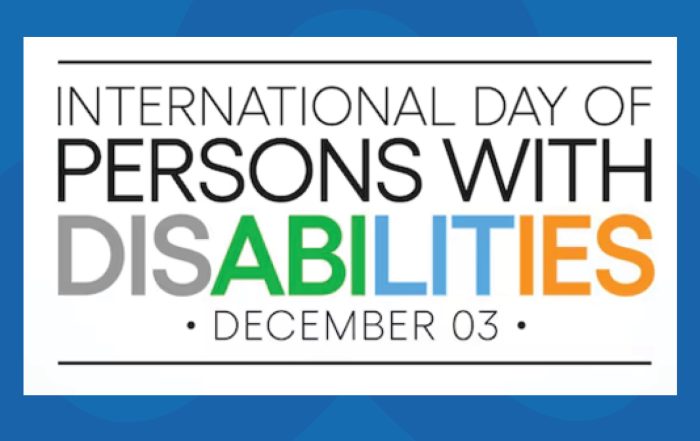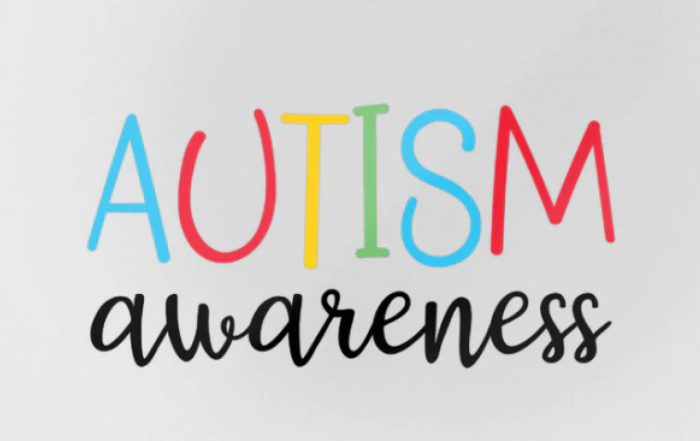Federal officials are rethinking the government program that allows people with disabilities to be paid less than minimum wage, with a new proposal expected soon.
The U.S. Department of Labor said it plans to issue a notice of proposed rulemaking related to Section 14(c) of the Fair Labor Standards Act by September.
Last fall the federal agency initiated a “comprehensive review” of the program, which allows employers to obtain special certificates from the Labor Department permitting them to pay workers with disabilities less than the minimum wage of $7.25 per hour. At the time, officials said that they planned to “re-examine its use and future viability.”
Now, the Labor Department is set to issue a proposed rule, according a notice included in the agency’s Unified Agenda this month.
It’s not yet clear what changes could be in store, but advocates have urged the department to do away with the Section 14(c) program altogether. Paying people with disabilities what’s known as subminimum wage is already banned in many states and the number of people working such jobs has declined precipitously in recent years.
“We hope that the Department of Labor will choose to end 14(c) in the upcoming rule,” said Zoe Gross, director of advocacy at the Autistic Self Advocacy Network. “Everyone deserves to be paid fairly for their work and their time, and workers with disabilities are no exception.”
Proponents of the subminimum wage program, however, say that ending it would just limit options for people with more significant disabilities who may not be successful in competitive integrated employment.
Ryan Honick, a spokesman for the Labor Department, did not respond to questions about the status of the agency’s comprehensive review of the Section 14(c) program, instead referring to the notice in the Unified Agenda.
The notice indicates that more than 2,000 people participated in a series of stakeholder engagement sessions held last fall as part of the review.
“The department continues to review the regulations and consider input from stakeholders to determine appropriate regulatory actions,” according to the agenda.
Source: Disability Scoop






